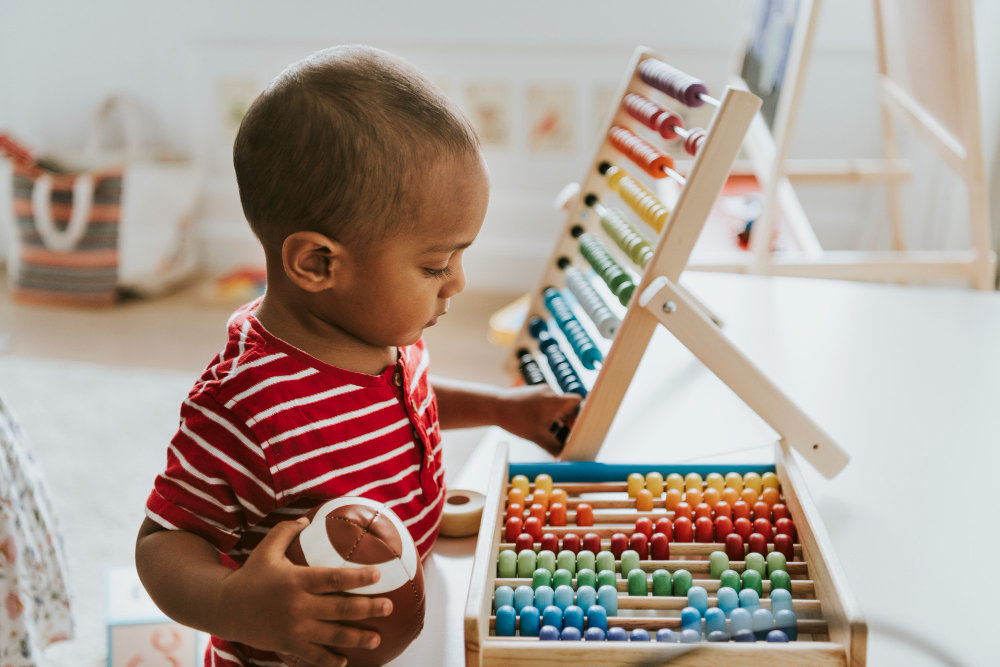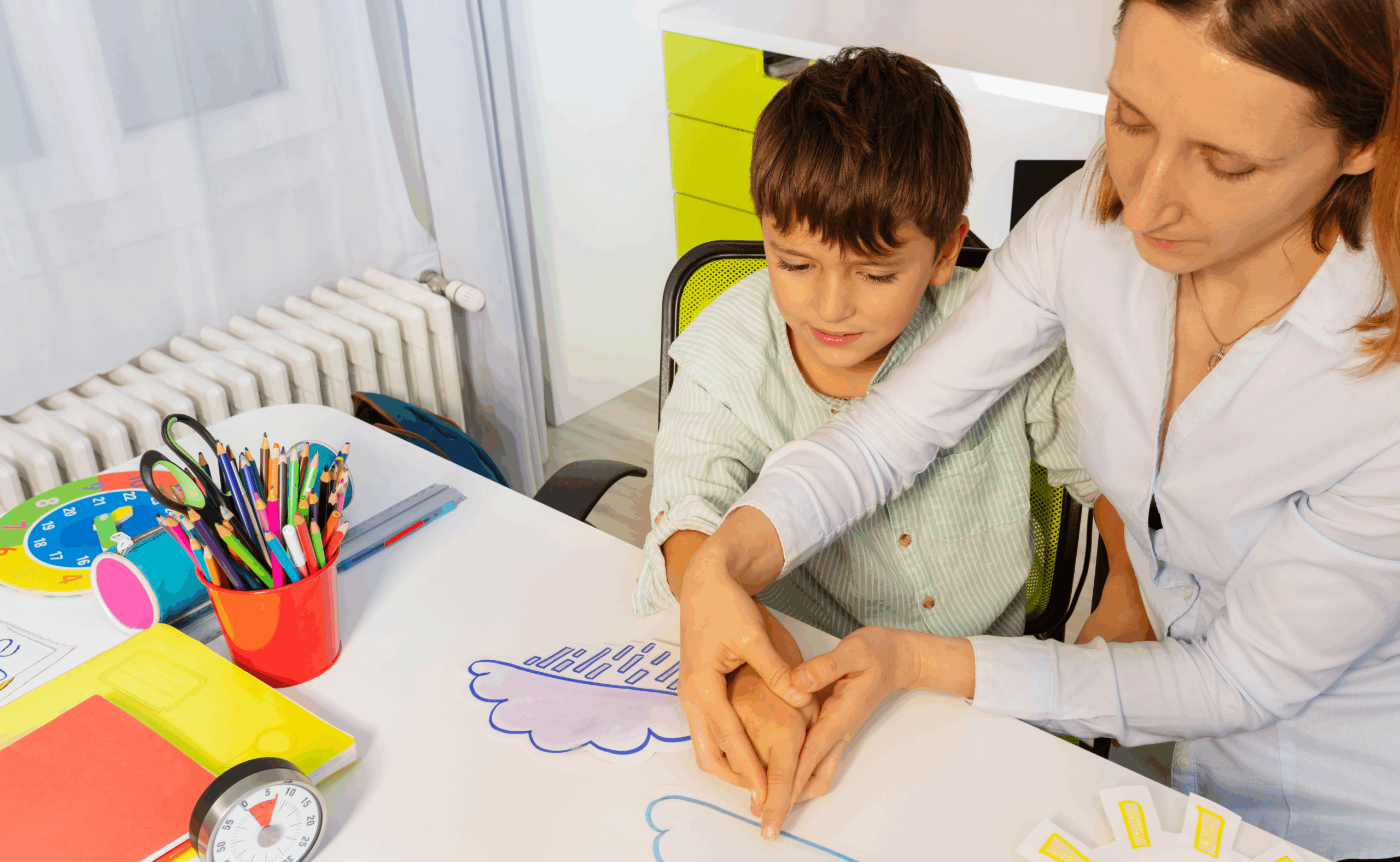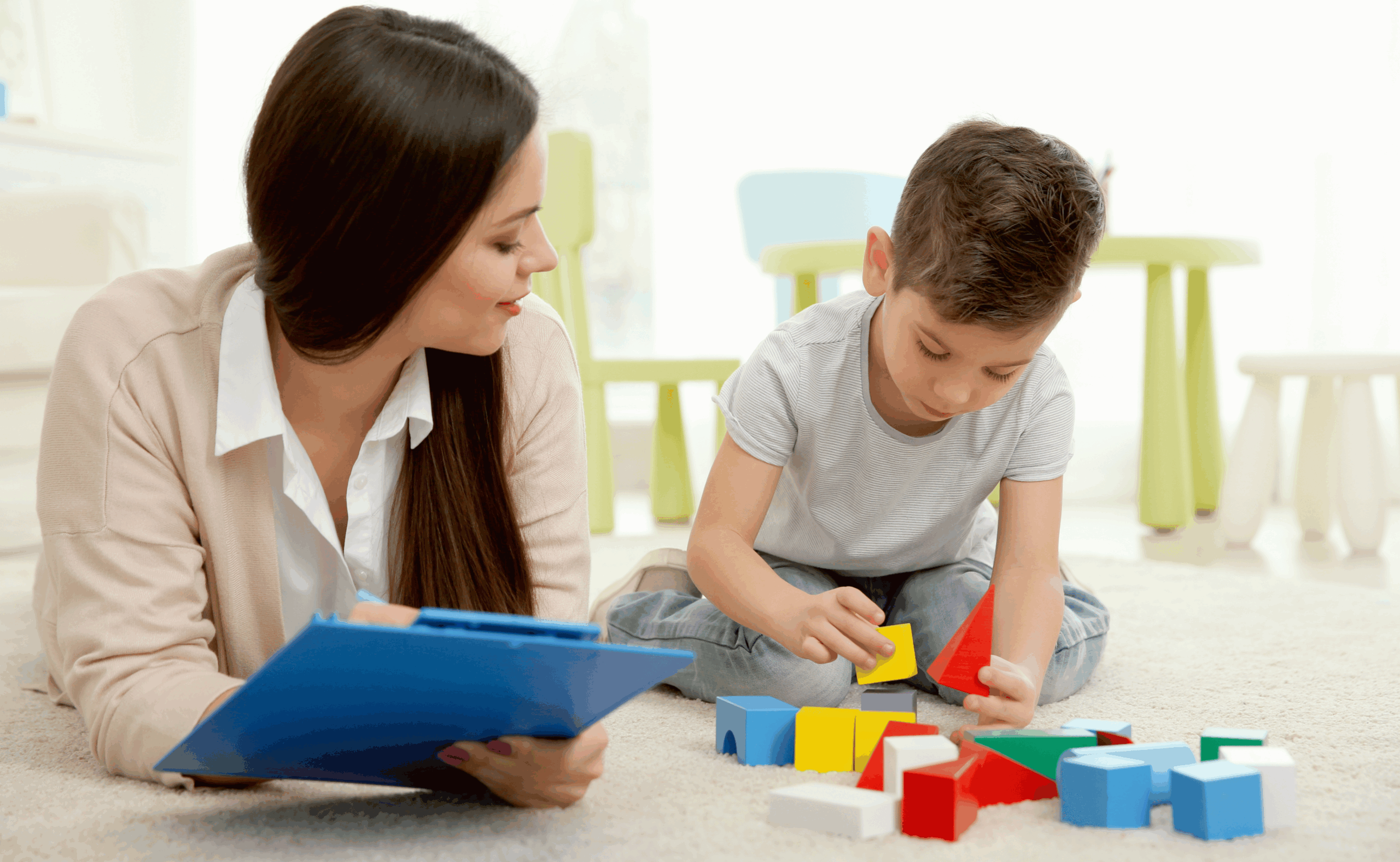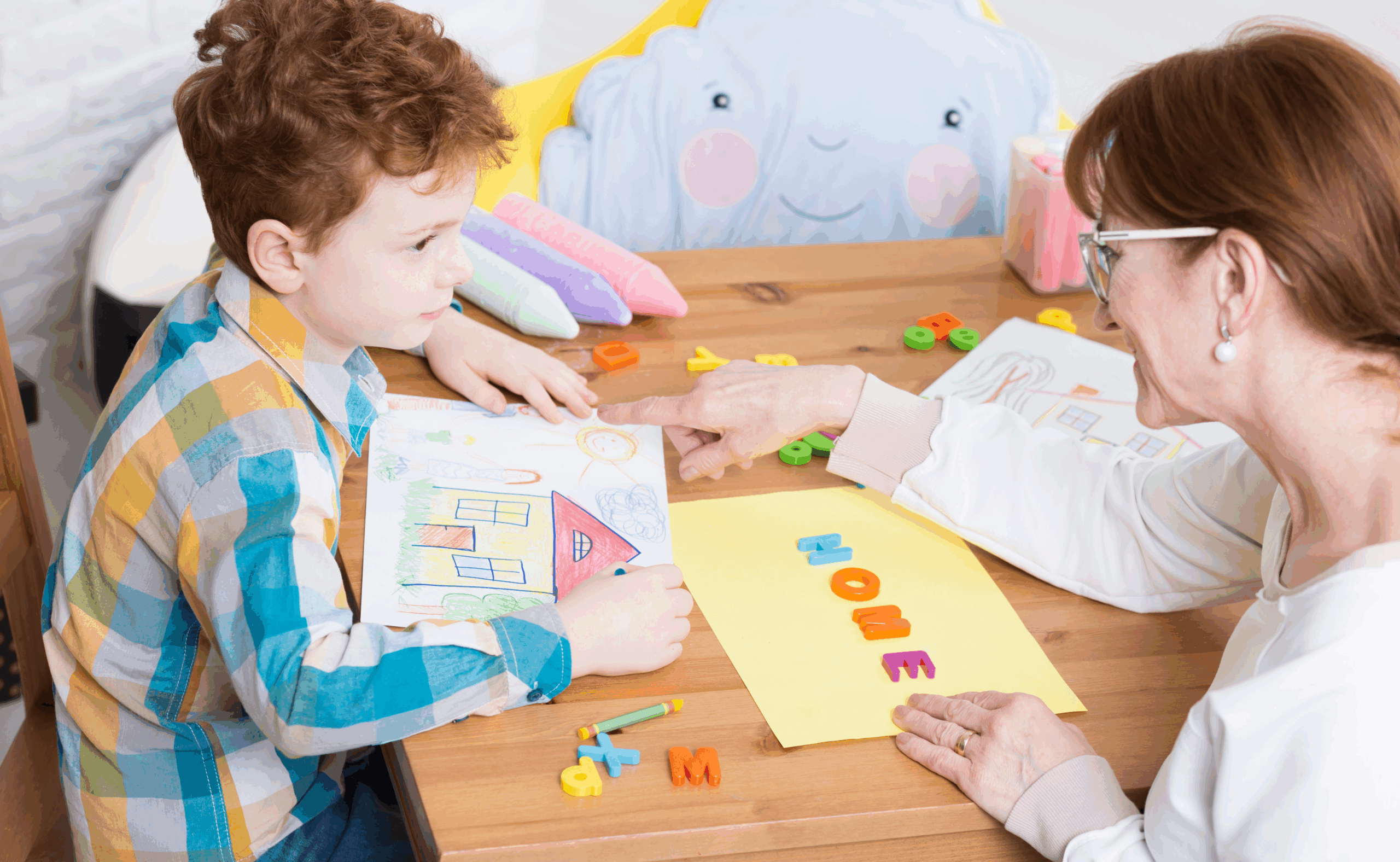Daycare and early learning centers are more than just places for children to be cared for; they are thriving environments where young minds blossom and essential life skills are cultivated. While structured learning experiences are undoubtedly valuable, it’s the unstructured, free-flowing play that truly shapes a child’s development.
Why Children Should Play with Others at Daycare
Play is a child’s work. It’s how they learn, grow, and develop essential life skills. And while solitary play is important, it’s the interactions with peers that truly shape a child’s social, emotional, and cognitive development. Daycare and early learning centers provide unparalleled opportunities for this kind of growth.
- Enhances Social Skills
Playing with peers teaches children how to communicate, share, and collaborate. These social interactions help them develop essential skills like empathy, cooperation, and conflict resolution, which are crucial for building strong relationships. - Boosts Emotional Intelligence
Interacting with others allows children to experience a range of emotions and learn how to manage them. They develop emotional resilience by understanding their own feelings and responding appropriately to the emotions of others. - Promotes Cognitive Development
Group play encourages problem-solving, critical thinking, and creativity. When children engage in collaborative activities, they learn to think from different perspectives, make decisions, and solve challenges together. - Improves Language Skills
Conversing with peers during playtime enhances children’s language development. They expand their vocabulary, improve their grammar, and learn to express themselves more clearly and effectively. - Fosters Independence and Confidence
Playing with others in a daycare setting helps children become more independent. They learn to navigate social situations, make decisions, and assert themselves in a group, all of which contribute to building self-confidence.
5 Things Children Learn by Playing with Others at Daycare and Early Learning Centers
Play is more than just fun for children—it’s a vital part of their development. While solo play has its benefits, the interactions that occur when children play with others are particularly powerful in shaping their growth. At daycare or early learning centers, these social experiences are key to building a foundation for essential life skills. Here are five important lessons children learn by playing with their peers in these environments.
Social and Emotional Intelligence
One of the most significant benefits of daycare or early learning centers is the opportunity for children to develop strong social and emotional skills. These environments offer children a chance to interact with a diverse group of peers, which is crucial in shaping their social intelligence. Through these interactions, children learn to navigate complex social situations, understand and manage their emotions, and build meaningful relationships.
- Empathy and Compassion
Children in daycare settings frequently engage in activities that require them to share toys, take turns, and comfort friends who are upset. These experiences teach them empathy— the ability to understand and share the feelings of others. Learning to recognize and respond to the emotions of their peers fosters compassion and helps children develop a caring and supportive attitude. - Communication and Cooperation
Effective communication is vital for successful social interactions. In daycare, children practice expressing their needs, desires, and feelings while also learning to listen to others. They collaborate on projects and games, learning to work together to achieve common goals. This cooperation builds a foundation for teamwork and collaborative problem-solving, essential skills in both academic and social settings. - Conflict Resolution
Conflicts are a natural part of any social environment, and daycare provides a controlled and safe space for children to learn how to resolve disagreements. Through guided interventions by caregivers, children are taught to express their feelings calmly, listen to opposing viewpoints, and find mutually agreeable solutions. These conflict resolution skills are critical for maintaining healthy relationships throughout life. - Self-Regulation
Managing emotions, following rules, and waiting for turns are key aspects of self-regulation that children practice in daycare. These experiences help them develop self-control, patience, and emotional resilience, which are important for handling challenges and stress in various situations.
Language Development
Language acquisition is greatly enhanced in social environments, and daycare offers an ideal setting for children to develop their linguistic abilities. The constant exposure to conversations, stories, and songs enriches their language skills in several ways.
- Expand Vocabulary
Children in daycare are exposed to a wide range of words and phrases during play, storytime, and daily routines. This exposure helps them build a robust vocabulary, which is crucial for effective communication and academic success. - Develop Grammar Skills
By listening to their peers and caregivers, children begin to understand and internalize the rules of grammar. They learn to construct sentences correctly, improving their ability to communicate their thoughts and ideas. - Improve Pronunciation
Interacting with a diverse group of people allows children to hear different accents and speech patterns. This diversity in linguistic input helps them refine their pronunciation and become more adaptable in their speech. - Enhance Communication Skills
Through daily interactions, children practice expressing their thoughts clearly and understanding others. These communication skills are foundational for building relationships and succeeding in school and beyond.
Cognitive Development
Play is a powerful tool for cognitive development, and daycare settings provide numerous opportunities for children to engage in activities that stimulate their minds. These activities help children develop essential cognitive skills that will serve them throughout their lives.
- Problem-Solving
Children often encounter challenges during play, such as building a tower that won’t stand or figuring out how to share toys. These situations encourage them to think critically and find solutions, which enhances their problem-solving abilities. - Critical Thinking
Social play often involves analyzing situations, considering different perspectives, and making decisions. These experiences help children develop critical thinking skills, which are important for academic success and everyday life. - Creativity and Imagination
Daycare environments foster creativity by providing opportunities for imaginative play, such as pretending to be a superhero or creating art projects. These activities encourage children to think outside the box and express themselves in unique ways. - Memory and Attention
Remembering the rules of a game, recalling a story, or paying attention during a group activity helps strengthen children’s memory and attention skills. These cognitive functions are essential for learning and academic achievement.
Physical Development
Physical activity is crucial for children’s growth and development, and daycare provides a safe and stimulating environment for physical play. Engaging in a variety of physical activities helps children develop both gross and fine motor skills, coordination, and healthy habits.
- Gross Motor Skills
Activities like running, jumping, climbing, and dancing help children develop large muscle groups, improving their overall strength and coordination. - Fine Motor Skills
Tasks such as building with blocks, using scissors, and drawing enhance small muscle control, which is important for tasks like writing and self-care activities. - Coordination and Balance
Engaging in physical activities that require balance and coordination, such as hopping on one foot or navigating an obstacle course, helps children improve their motor skills and body awareness.
Healthy Habits
Regular physical activity in daycare promotes a healthy lifestyle, encouraging children to stay active and reducing the risk of childhood obesity. These habits can set the foundation for a lifetime of good health.
- Independence and Self-Confidence
Spending time away from primary caregivers in a daycare setting fosters independence and self-confidence in young children. These environments encourage children to take on new challenges, make decisions, and develop a sense of self-worth. - Develop Autonomy
Daycare provides opportunities for children to make choices, solve problems independently, and take responsibility for their belongings. These experiences help them develop autonomy and confidence in their abilities. - Build Self-Esteem
Positive interactions with peers and caregivers in daycare contribute to a healthy sense of self-worth. Children receive praise and encouragement for their efforts, which helps build their self-esteem. - Overcome Challenges
Facing new experiences and overcoming obstacles in a supportive environment helps children develop resilience and the confidence to tackle future challenges. - Explore Interests
Daycare offers a variety of activities that allow children to explore their interests and discover their passions. Whether it’s art, music, sports, or science, children have the opportunity to pursue what excites them, fostering a love of learning.
Sending Your Child to Daycare in Ohio
The benefits of attending daycare or early learning centers extend far beyond basic childcare. These environments provide a foundation for lifelong learning and development by fostering social, emotional, cognitive, physical, and independence skills. The experiences children gain from interacting with peers and engaging in playful activities are invaluable and lay the groundwork for future success. When you know the benefits of daycare and early learning centers, you can make informed decisions about your child’s care and support their overall development.
Considering daycare options in Ohio? Clever Bee Academy is committed to fostering social-emotional learning in every child. Our child development centers provide a nurturing environment where children can thrive and reach their full potential. We offer programs tailored to the unique needs of each age group, from infancy to twelve years old. Schedule a tour to visit our centers and meet our dedicated educators, who are passionate about supporting your child’s social-emotional growth and overall development.







